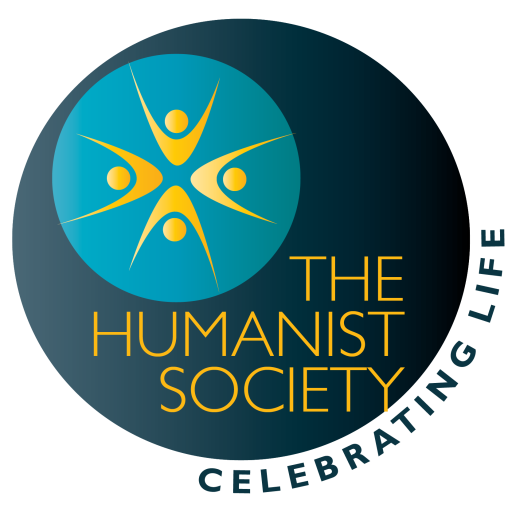- About
Leadership
Donate
Contact Us
- Endorsements
Endorsements
More Info
- Find a Humanist Professional
- Donate
- Shop
- Login

Humanist Invocators provide short speeches, usually performed in public forums such as city council meetings or legislative sessions, that call upon the audience's shared human values to connect us, foster a sense of purpose, and inspire action for the well-being of humanity.
Unlike traditional prayers or invocations, a humanist invocation does not call upon a supernatural entity as a guide. Instead, it reminds us of our capacity and responsibility to guide ourselves and others to live good lives in service to the general welfare of our communities and humanity as a whole. A humanist invocation emphasizes the bounds within which our public discourse should be held without disenfranchising other groups. Humanist invocations call upon those involved to exercise their humanity while highlighting the importance of compassion, empathy, reason, justice, humility, and similar values. Above all, they remind us of what is important by constructing a shared vision of a higher purpose—namely, our responsibilities to each other and the world around us.
Generally, invocations are performed before important public events, such as the inauguration of a public official or the start of a public meeting. They are widely performed during government proceedings, but unfortunately, they tend to be overwhelmingly sectarian and theistic. While invocations are normally required to be non-denominational, this alone doesn’t ensure inclusivity, as non-denominational invocations still tend to invoke supernatural entities. Humanist invocations, on the other hand, strive to unify all with a message that members of various belief systems can support and act on.

The Humanist Society was first recognized in 1939 by the IRS as a nonprofit under section 501(c)(3); and as a church under section (i) of section 170(b)(1)(A) for our religious purposes.
© 2024 The Humanist Society. All Rights Reserved.